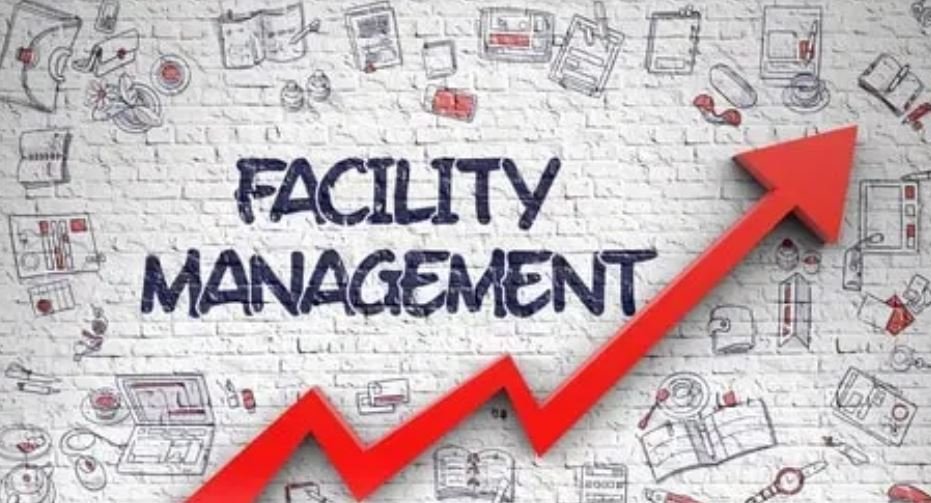Business
3 Critical Reasons to Have Facility Management Training

Without a doubt, facility management training and education are top priorities for facility management business leaders. The growth of smart technology and tools combined with property development that is evolving only means staff training initiatives will have greater importance in the coming years.
[lwptoc]
What is facilities management, and why is it important?
Whether it is a restaurant or an office building, the physical environment of a company will say a lot about how a company operates. Facility management helps to keep spaces in optimum operating conditions via routine and scheduled maintenance. A well-maintained facility creates a working environment that is safe and mitigates energy output costs and makes functions of the business run smoothly and efficiently. The need for a premium facility management solution is even more critical for public space owners with multiple locations like cities and school districts.
A strategic facility management training program can include janitorial duties as well as floor maintenance. These services help in attracting and retaining customers.
Good facility management also ensures that premises are safe. The routine care and upkeep of a company help employees and clients secure. Cleaning and replacing equipment, as well as utility systems, keep the facility running smoothly. Moreover, facility management services include having Cincinnati commercial roofers inspect the roof, replacing air filters in HVAC systems, and ensuring optimum air quality.
-
Professionalising facilities management activities
For most professions, it is critical to be qualified to carry out specific jobs, which involves gaining qualifications given out by a recognised organisation. It is unthinkable for doctors, engineers, or lawyers to practice without a degree. But it is also the case of there are some professions where a degree is not a requirement. Although they may have the skills required to perform specific activities, they may also have limitations.
Training and studying in facility management will take up to five years, depending on the university. You will be studying numerous subjects during this time, but only a small percentage will be put into practice. The idea is to make sure professionals are prepared for different scenarios. The various fields that FM encompasses make it critical to understand aspects such as space maintenance and sustainability.
-
Setting limits
A bigger company will require more special tasks from the facility management team. In contrast, a smaller one will have more generalised duties. In large corporations, there will be someone specialising in the vehicle fleet, for example. In small-sized ones, there will be no requirement to have extensive knowledge in any one area. Typically, the site manager will be a one-person band responsible for almost everything. Everyone needs a different training level depending on the qualifications or experience that is required for each job. Someone who will end up being in charge of a building might be an engineer, architect, or even a lawyer, and each will have varying knowledge and skills.
There is no single course that will fit everyone and circumstances are broad, so it is critical to be more specific. Training must factor in where they are currently and what they want to attain in the future.
-
Keeping up-to-date
Aside from the training and facility management itself, it is critical to stay up-to-date on the development of the field. Not only is technology progressing, but models and methodologies that are used to resolve problems are also evolving. Facility management changes so swiftly that people might struggle to keep up-to-date. Thus, some systems will be ineffective, and it will become a challenge to provide companies with the best solutions.
No matter where you work in the facilities management department or if you are a supplier, it is critical that those who are involved in facility management will invest some time and effort in keeping up-to-date with trends and understand how their divisions can cause an impact.
Related Post: 8 Security Benefits of Outsourcing Records Management
-

 Celebrity4 weeks ago
Celebrity4 weeks agoIs YNW Melly Out Of Jail? What Is The YNW Melly Release Date, Career, Early Life, And More
-

 Sports4 weeks ago
Sports4 weeks agoMore Than Just a Game: How College Sports Can Shape Your Future
-

 Tech3 weeks ago
Tech3 weeks agoAI Software: Transforming the Future of Technology
-

 Tech3 weeks ago
Tech3 weeks agoAll About Com. Dti. Folder Launcher: Features, Benefits, Tips, And More













